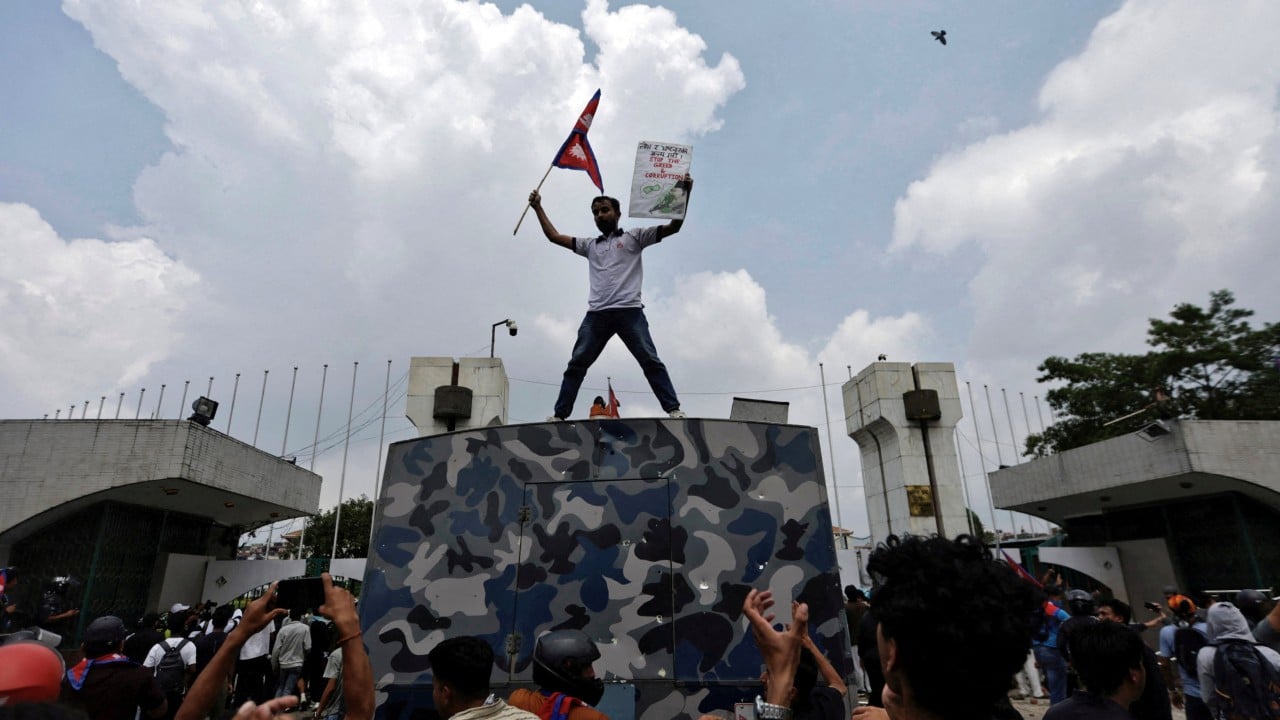The streets of Kathmandu have quieted, but the echoes of angry young voices still reverberate through Nepal.
Advertisement
Three weeks after Gen Z-led protests swept away the South Asian nation’s government, the new interim prime minister, Sushila Karki, faces a daunting challenge: channelling the anger of a disillusioned youth movement into lasting institutional reform while contending with constitutional constraints and the lingering grip of old elites.
Karki, a former chief justice and anti-corruption crusader, was propelled to high office having been endorsed by Gen Z activists in a series of online polls hosted on online chat platform Discord.
She has vowed to investigate entrenched corruption and the killings that occurred during this month’s uprising, which left more than 70 dead after police opened fire on unarmed protesters. But the expectations are immense – and the clock is ticking.
Everyone is in a revenge mood right now
For decades, Nepalis have watched promises of reform dissolve into political gamesmanship, corruption and inertia.
Advertisement
This month’s protests were the culmination of years of frustration among young people who felt their futures had been mortgaged by leaders more interested in self-preservation than public service – mirroring earlier waves of youth-driven dissent across Asia, from Sri Lanka and Bangladesh to Indonesia.

